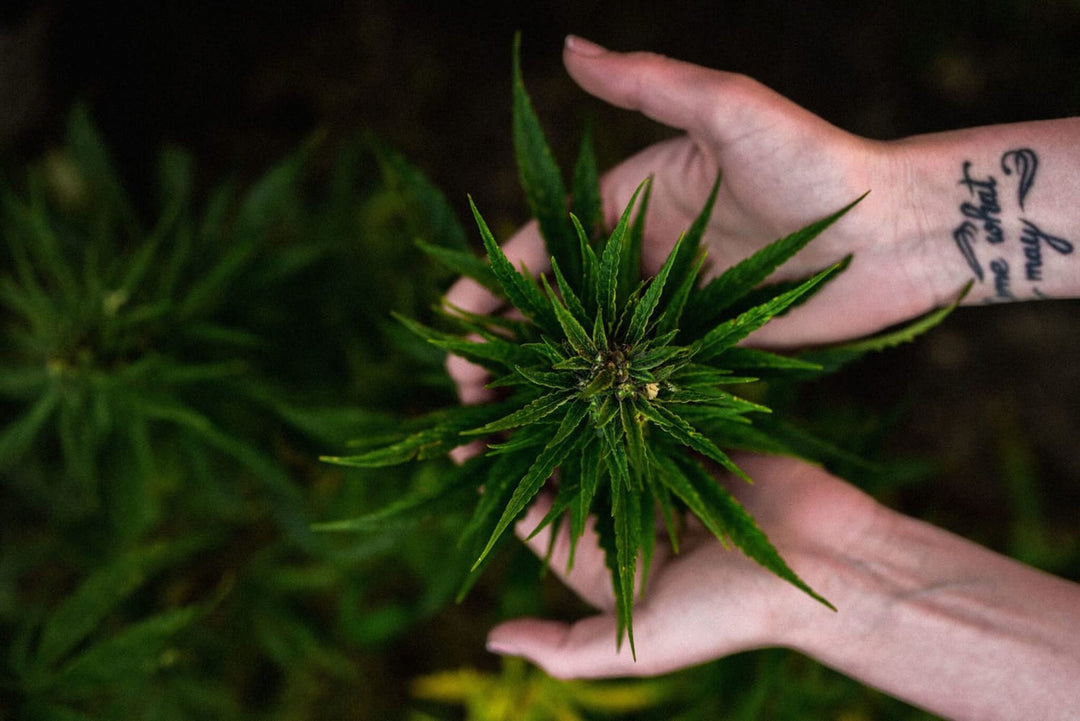How Cannabis Co-Ops Promote Social and Economic Justice
If you have ever looked into starting a cannabis business, the requirements were probably shocking. The fact is, in many places across the United States, there are a number of barriers for individuals who are trying to enter this increasingly booming industry.
With that said, people are starting to notice the inequities, and they are stepping up with smart business solutions. To reduce obstacles, a growing number of startups are taking on a cooperative approach in their cannabis endeavors. As a result, this way of doing things is closing gaps in accessibility while promoting social and economic justice.
What Cooperatives Are
To be clear, cooperatives, or co-ops, are nothing new. They have been around since the earliest farming days of the country. In a nutshell, a co-op is a member-owned and member-controlled business structure. According to the U.S. Department of Agriculture, co-ops are essential business development tools that "provide effective marketing, low-cost supplies, and services to their member owners."
What a Cannabis Co-Op Is
In the world of green entrepreneurship, a is a cannabis company where the primary users and/or workers are also the owners. Seven principles of these kinds of weed businesses include:
- Voluntary and open membership
- Democratic input on decisions
- Member investment
- Member autonomy and independence
- Education and training
- Cooperation
- Community involvement
Compared with other startup models, a co-op structure may be completely different from what you know.
Cannabis Industry Inequalities
While cannabis legalization is a progressive step in the right direction, the resulting industry still has its share of social and economic inequalities to work out. Consider licensing, for example. In many states, the hefty license costs and regulations have prevented small cannabis business owners from developing while corporate competitors with more wealth and resources have had the opportunity to flourish. As a result, the industry has forgotten local growers in many places while forcing communities to pay higher prices for products they have little say in.
In addition to creating economic barriers, many cannabis regulations have also led to racial injustice. In the U.S., police are 1.5 to 9 times more likely to arrest Black Americans for weed possession, even in states where it is legal. Thanks to a racist War on Drugs, this has been the norm for many years. To make matters worse, the difficult process for starting up cannabis business ventures unfairly prevents those with criminal histories from eligibility for licenses and/or startup loans. In turn, the law holds back the futures of countless Black citizens for possessing the same product that is currently making billions of dollars for the privileged few.
How Cannabis Co-Ops Promote Social and Economic Justice
When a cannabis co-op forms, several small to medium-sized farmers join together to create a larger agricultural community. Because everyone is investing in the company, everyone gets a share. As such, this approach to cannabis businesses promotes social and economic justice by significantly reducing the roadblocks that often prevent passionate cannaseurs from entering the industry.
By supporting cannabis co-ops, you can help the industry grow while giving back to your community at the same time.











